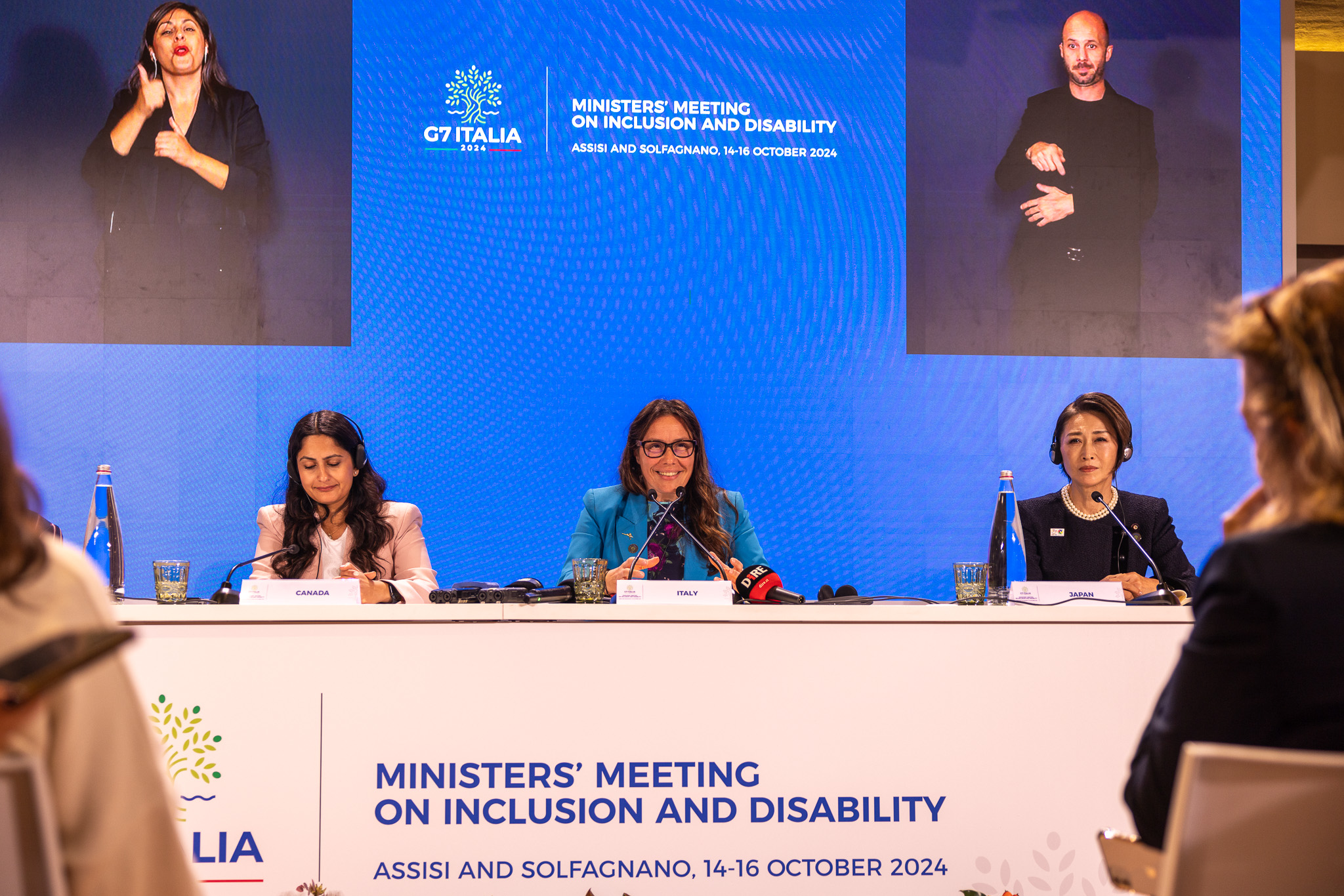May 12, 2025
The Importance of Priority 4 in the Solfagnano Charter: Enhancing Talents and Work Inclusion for Persons with Disabilities

The Solfagnano Charter is a pivotal document that outlines key priorities for the inclusion and empowerment of persons with disabilities. Among these, Priority 4 stands out for its focus on enhancing talents and work inclusion. This priority is not only about economic independence but also about social wellbeing and quality of life. In this blog, we will explore how Priority 4 aligns with the commitments outlined in the UN Convention on the Rights of Persons with Disabilities (CRPD), particularly Article 27, which focuses on employment.
Labour Inclusion: A Path to Independence and Wellbeing
Labour inclusion is essential for persons with disabilities to live independently and fully realize their personal life projects. Participation in the labour market is a human right, and work serves as a powerful tool for empowerment and self-determination. It promotes the talents and autonomy of persons with disabilities, allowing them to contribute meaningfully to society.
The Role of Organizations in Work Inclusion
Public, private, and non-profit organizations play a crucial role in providing persons with disabilities with the tools and resources they need to succeed in the workplace. These organizations must support individuals within their workplace, the production context, and society at large. Decent employment in an inclusive, open labour market is vital, where the talents of persons with disabilities are recognized, nurtured, and valued.
Removing Barriers and Providing Reasonable Accommodation
Achieving work inclusion requires a commitment to understanding and removing the barriers that exist for persons with disabilities. This includes providing reasonable accommodation and addressing these barriers through comprehensive strategies that involve all stakeholders. Active labour market policies must consider, value, and guarantee the preferences and aspirations of persons with disabilities, including those with intellectual or psychosocial disabilities.
Addressing Disadvantages Faced by Women and Other Groups
Women and other disadvantaged groups with disabilities face particularly severe disadvantages in the labour market. Policies must be geared towards promoting their decent employment and full enjoyment of labour rights, including fair wages, occupational safety and health, access to social protection, and career advancement opportunities.
Promoting Inclusive Organizational Models
Organizational and business models that promote the inclusive employment of persons with disabilities are essential. Disability-led businesses and third-sector organizations have valuable expertise and experience in running inclusive employment practices. Supporting these models helps put persons with disabilities at the center, aiming at the development of each person's talents and skills.
The Importance of Education and Vocational Training
To support free access to the labour market, it is necessary to foster policies that guarantee equal access to education for children with disabilities from primary school to higher education. Vocational training programs should include persons with disabilities in all areas of potential employment. Inclusive and quality education and lifelong learning opportunities are the foundation for future skills development and employment.
Alignment with the UN CRPD and Article 27
Priority 4 of the Solfagnano Charter aligns closely with the commitments outlined in the UN CRPD, specifically Article 27, which focuses on work and employment. Article 27 recognizes the right of persons with disabilities to work on an equal basis with others, including the right to gain a living by work freely chosen or accepted in a labour market and work environment that is open, inclusive, and accessible. States parties are required to prohibit discrimination on the basis of disability in all matters concerning employment, including recruitment, hiring, employment, career advancement, and safe and healthy working conditions.
Conclusion
Priority 4 of the Solfagnano Charter is a crucial step towards promoting meaningful and equitable employment for persons with disabilities in Canada. By aligning with the commitments of the UN CRPD, we can ensure that persons with disabilities have the opportunity to participate fully in the labour market, thereby enhancing their economic independence, social wellbeing, and quality of life.
Let us support policies and initiatives that promote inclusive employment practices and advocate for the rights of persons with disabilities in the workplace. Together, we can create a more inclusive and equitable society for all.
Subscribe
Sign up to receive updates from CCRW.